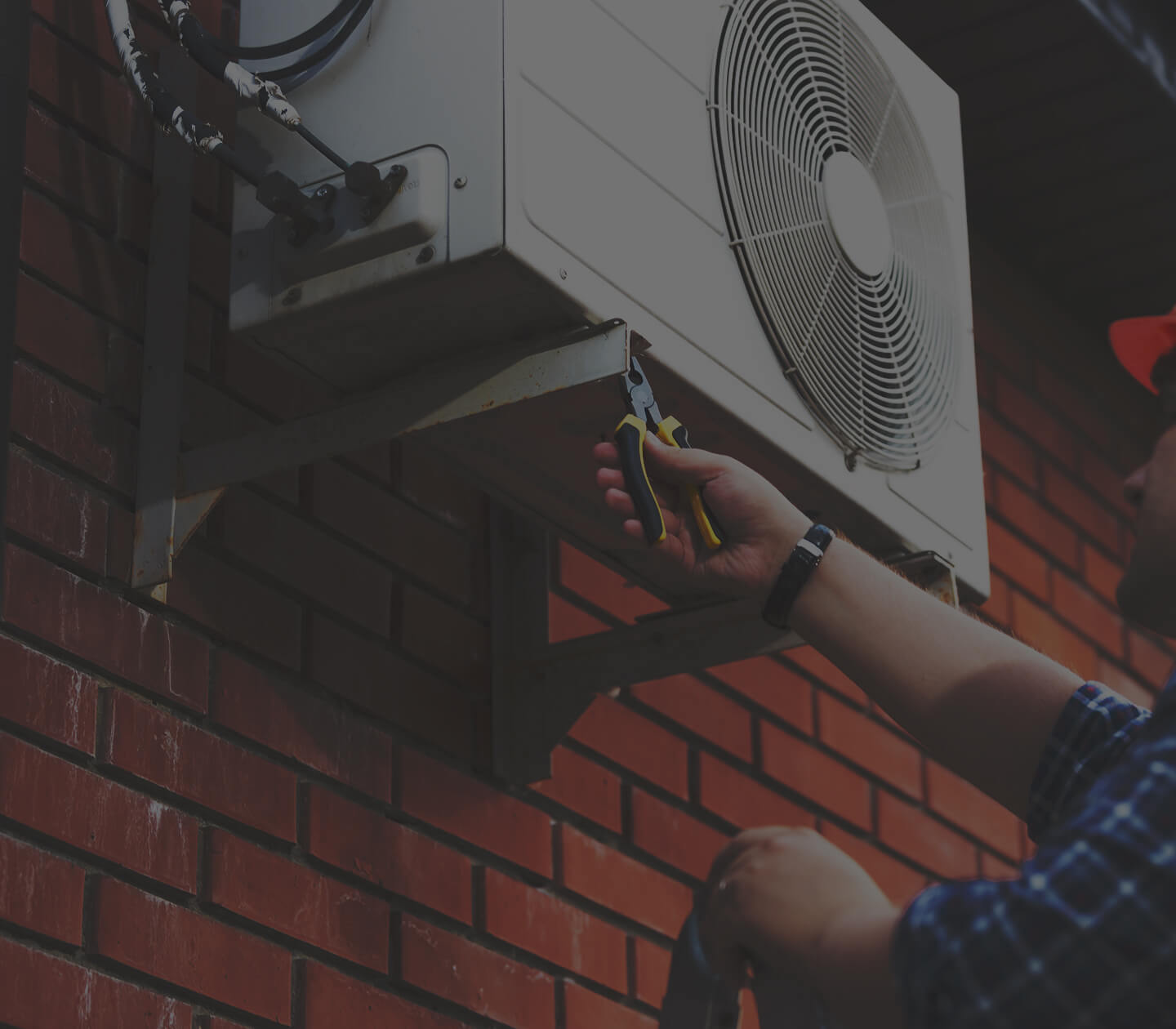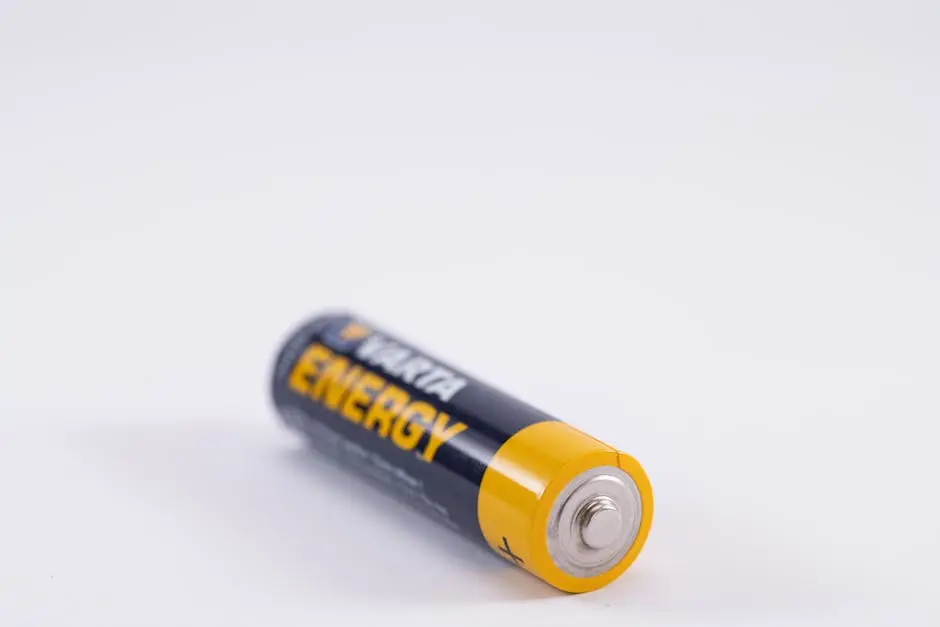As the temperature rises, having a dependable and efficient air conditioner becomes essential. Upgrading your air conditioning system can lead to significant energy savings and improved comfort in your home. In this blog, we will explore the reasons to consider an upgrade, the benefits of energy-efficient models, and tips for choosing the right unit for your needs.
Why Upgrade Your Air Conditioner?
Older air conditioning units can be inefficient, leading to higher energy bills and less effective cooling. Discovering the key reasons to consider an upgrade can help maintain a comfortable living environment.
Have you ever noticed how some rooms in your home are either too hot or too cold? An older air conditioner struggles to maintain a consistent temperature, which can be frustrating. Upgrading your air conditioner not only solves this issue but it also ensures that every corner of your home enjoys the same cool comfort. Let’s examine some compelling reasons why it’s time for an upgrade.
Beyond comfort, an inefficient air conditioner can be a silent drain on your finances. With rising energy costs, the impact of an outdated unit can add up significantly over time. Keeping your current system might seem cost-effective, but the long-term savings from a high-efficiency model could far exceed the initial investment in an upgrade. It’s all about looking at the bigger picture.
Moreover, older units often lack modern technology that enhances user experience and convenience. Features such as programmable thermostats, smart home compatibility, and energy consumption tracking can elevate the effectiveness of an air conditioner dramatically. In short, upgrading opens doors to a variety of new advantages that truly enhance your lifestyle.
Understanding Energy Efficiency Ratings
Energy efficiency ratings such as SEER (Seasonal Energy Efficiency Ratio) play a crucial role in determining the effectiveness of your air conditioner. We’ll break down these ratings to help you make informed decisions.
When shopping for a new air conditioner, the SEER rating is one of the first specifications you’ll encounter. But what does it mean? A higher SEER rating indicates a more efficient unit, which translates to lower energy usage and costs. In fact, many modern air conditioners boast SEER ratings well over 20, while older models might only have ratings around 10 or 12.
Understanding how these ratings work can empower you to select the right unit that not only fits your budget but also your energy efficiency goals. For instance, if you live in a hotter climate, investing in a unit with a higher SEER value could provide substantial savings over time. The difference between a 14 SEER air conditioner and one with a 20 SEER rating can result in hundreds of dollars saved on your annual energy bills.
In addition to SEER, look for the Energy Star label. This certification guarantees that a product meets energy efficiency guidelines set by the U.S. Environmental Protection Agency. Using this information can simplify your decision-making process, helping to ensure that you’re making a wise investment for both your wallet and the environment.
Benefits of Energy-Efficient Air Conditioners
Investing in an energy-efficient air conditioner can lead to substantial savings on your utility bills, reduce your carbon footprint, and enhance your overall comfort. Let’s delve into these advantages.
The primary benefit of upgrading to an energy-efficient air conditioner is the reduction in your monthly energy costs. Since these models consume less power, you’ll likely see a significant decrease in your energy bills from the moment they’re installed. Some homeowners report savings of up to 30% on their monthly cooling costs!
But it’s not just about saving money. Energy-efficient air conditioners are designed to have minimal environmental impact, helping to reduce greenhouse gas emissions. In a world increasingly concerned with climate change, choosing an efficient model allows you to contribute positively to sustainability efforts without sacrificing comfort.
Another perk of modern energy-efficient air conditioners is their advanced technology. Many units now include features such as variable-speed compressors, which can adjust the cooling output based on your home’s specific needs, thereby enhancing comfort while maximizing efficiency. You’ll enjoy a consistently comfortable environment throughout your home, without the uncomfortable fluctuations that older systems often produce.
Tips for Choosing the Right Air Conditioner
With so many options available, how do you select the best air conditioner for your home? We’ll provide practical tips and considerations for making the right choice based on your space and needs.
First and foremost, consider the size of the unit. An air conditioner that is too small will struggle to cool your space, while one that is too large will cycle on and off frequently, leading to inefficiencies and increased wear. To find the optimal size, consult a professional who can perform a load calculation based on your home’s layout and insulation.
Next, ensure you research all available features. While some homeowners may prioritize low initial cost, features that enhance efficiency and comfort may justify a slightly higher investment over time. Look for options that offer smart technology compatibility, as these units can learn your habits and adjust settings accordingly, further optimizing performance.
Don’t forget to check warranty terms and customer reviews as well. A reputable brand with strong after-sales support can provide peace of mind. Customer testimonials often spotlight real user experiences, giving you insight into the reliability and effectiveness of the air conditioner you’re considering.
Finally, always consult with a professional when making your choice. They can provide tailored advice based on your unique needs, ensuring you select a unit that is both practical and efficient for your home.
The Role of Regular Maintenance
Upgrading your air conditioner is just the first step. Regular maintenance is key to ensuring it operates efficiently and lasts longer. We’ll share maintenance tips to keep your system running smoothly.
Think of your air conditioner like a car; it requires regular check-ups and care to function optimally. A preventative maintenance plan should include routine filter changes, ideally once a month, particularly during peak usage seasons. Dirty filters can restrict airflow, making the unit work harder and decreasing its efficiency—something that can take a toll on your energy bills.
In addition, scheduling annual servicing with a qualified technician can help spot potential issues before they escalate into costly repairs. Professionals will clean essential components, check refrigerant levels, and ensure everything is functioning as it should. This proactive approach ensures that your unit remains in peak condition, extending its lifespan and maintaining efficiency.
Lastly, don’t underestimate the importance of keeping the outdoor unit clean and free from debris. Over time, dust and leaves can accumulate, obstructing airflow and affecting efficiency. A little bit of attention to your air conditioner goes a long way, guaranteeing a reliable and energy-efficient system.
Final Thoughts on Upgrading Your Air Conditioner
Making the switch to a more energy-efficient air conditioner not only benefits the environment but also saves you money in the long run. By considering the factors we’ve discussed, you can find the perfect unit that increases your home’s comfort while reducing energy consumption. Take the plunge and upgrade your air conditioning system today for a more comfortable tomorrow!



